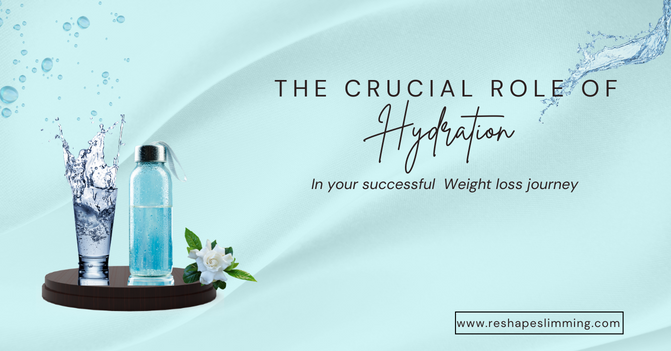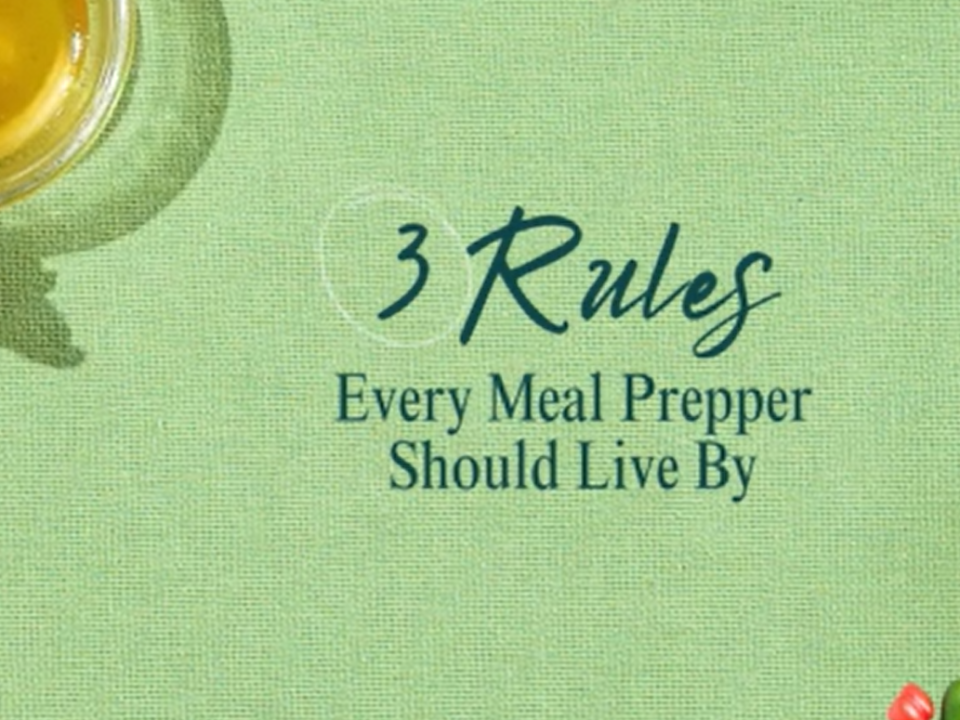- Reshape Slimming Wellness & Diet Center
- +91-72848 25055
- reshapeslimming.diet@gmail.com
- Filter by
- Categories
- Tags
- Authors
- Show all
- All
- DIET & MEDICAL
- HEALTH
- Uncategorized
- VEGETARIAN WEIGHT LOSS DIET RECIPES
- Web Stories
- WEIGHT LOSS
- WEIGHT LOSS BOOSTER DRINKS
- All
- activity
- aging
- ahmedabad
- apple
- apple smoothie
- apples
- applesmoothie
- article
- avocado
- avocado&hummuswrap
- avocadowrap
- ayurved
- ayurveda
- baking
- balancelife
- BEETROOT SOUP
- befit
- beginners
- benefits
- benefitsofremedies
- best dietician in pune
- best dietician in vadodara
- best online dietician
- beyoga
- blackbeans
- blackbeansalad
- blackbeanssoup
- bloodpressure
- boosterdrinks
- breakfast
- breakfastrecipe
- busyprofession
- cauliflower
- cauliflowerpizza
- CHIA SEEDS/SABJA SEEDS WEIGHT LOSS DRINK
- clearskin
- comfort
- cooking
- cranberry
- CURRY
- dates
- dehydration
- diabetes
- DIET
- dietarticle
- dietician
- dieticianinahmedabad
- dieticiansurat
- dietition
- dietplan
- dietrecipe
- diettips
- digestive
- discipline
- dragonfruit
- drinkwater
- dryfruits
- dubai
- eating
- eatinghealthy
- emotional
- energy
- exercise
- eyes
- fats
- fiber
- fiction
- fig
- figbenefits
- fit
- fitness
- food
- foodarticle
- foodmyths
- fruit
- fruits
- grilling
- habits
- habitsforprofession
- hair
- health
- healtharticle
- healthbenefits
- healthier
- healthy
- healthy smoothie
- healthycooking
- healthydiet
- healthyfood
- healthylife
- healthylifestyle
- healthynoodles
- healthyrecipe
- healthyrecipes
- healthyremedies
- healthyrestaurants
- healthyskin
- healthysmoothie
- healthysnacks
- healthywrap
- herbal
- hormones
- how to boost immunity
- how to enhance immunity
- howtolive
- howtomaintaindiet
- hummus
- hummuswrap
- hunger
- hungry
- hydrate
- hydrated
- hydration
- immunity
- improvelife
- india
- indianrecipe
- juices
- juices for weight loss
- kidneyhealth
- LENTIL SOUP
- life
- lifestyle
- liver
- liverhealth
- macronutrients
- management
- manageyourlife
- meal
- mealprepper
- meditation
- mentalhealth
- mind
- noodles
- nutrients
- nutririon
- nutrition
- nutritionfacts
- nutritionist
- nutritiontrends
- online dietrician
- PCOD
- PCOD DIET
- PCOS
- pesto
- physical
- physicalactivity
- physiological
- pizza
- pizzarecipe
- plantbased
- plums
- pregnancy
- preparemeal
- productivity
- profession
- PROSO MILLET IDLI
- protein
- PROTIEN SMOOTHIE
- PUMPKIN SOUP
- qualitysleep
- quinoa
- RAGI DOSA
- recipe
- recipes
- reducestress
- remedies
- reshape
- restaurants
- salad
- science
- scienceofhunger
- selfcare
- slimming
- smoothie
- smoothierecipe
- SOUP
- souprecipe
- spinach
- SPINACH SOUP
- steaming
- STIR FRY TOFU / PANEER VEGETARIAN WEIGHT LOSS DIET RECIPES
- stress
- stretching
- successful
- sugar
- sugarcane
- sugarcanejuice
- sugarintake
- supplements
- surat
- SWAMINARAYAN KHICHDI
- tangerine
- tangerinebenefits
- tastyfood
- timemanagement
- tips
- tonedbody
- top 10 dietician in mumbai
- top 10 dietician in vadodara
- trends
- typesofyoga
- udon
- veg
- vegan
- veganfacts
- veganlifestyle
- veganmyths
- veganrecipe
- veganrecipes
- veganwrap
- vegetarian
- VEGETARIAN WEIGHT LOSS DIET RECIPES
- vegetarianrecipe
- vegetarianrecipes
- vegetarianweightlossrecipe
- vegetarianwrap
- veggie
- veggies
- veggiewrap
- vision
- vitamin
- warmup
- water
- webstory
- weight
- weight lose in diabetes
- weight loss
- WEIGHT LOSS BOOSTER DRINKS
- WEIGHT LOSS BOOSTER RAJMA CURRY
- weight loss diet
- WEIGHT LOSS TADKA DAL| DAL
- weight loss tips
- weightloss
- weightlossdiet
- weightlossrecipe
- weightlosss
- weightlosssmoothie
- wellness
- wellnesshabits
- work
- worklife
- workout
- workoutforbeginners
- wrap
- wraprecipe
- yoga
- yogaforbeginners
- zucchini
- zucchininoodles
March 1, 2024
Published by Dietician Neelam Dhanagar at March 1, 2024
Categories
The Crucial role of hydration in your successful Weight loss journey The importance of staying hydrated is something that is frequently overlooked in the attempt of […]
October 23, 2023
Published by Dietician Neelam Dhanagar at October 23, 2023
Categories


